Collaborations
Explore the national and international research consortia in which we collaborate with a wide range of partner institutions.
AI4Access
LSG representative: Floris Roelofsen
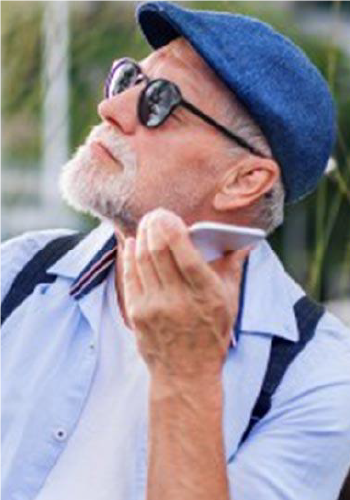
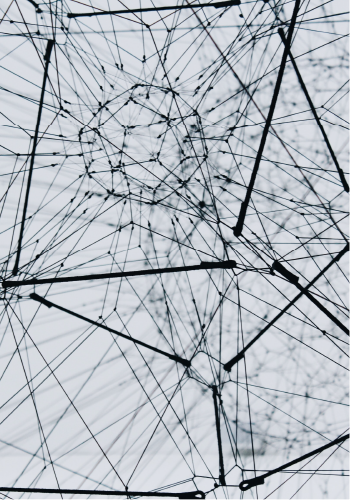
Mercury Machine Learning Lab
APPLY
More than a hundred European universities.
LSG representative: Federico Gobbo, Jean Wagemans

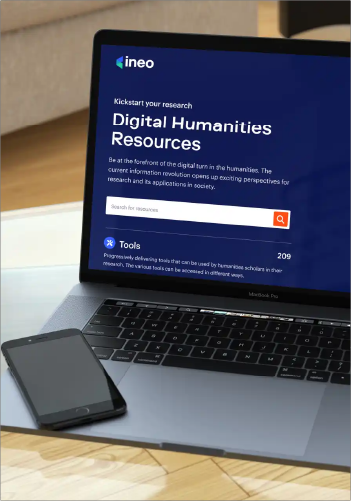
04
CLARIAH-PLUS
National digital infrastructure for the humanities.
Huygens, DANS, INL, Universiteit Leiden, VU Amsterdam, Universiteit Utrecht, Rijksuniversiteit Groningen, Radboud Universiteit, Universiteit Twente, Erasmus Universiteit Rotterdam, Open Universiteit, Universiteit Maastricht, KB National Library of the Netherlands, Beeld & Geluid, ISG, Max Plack Institute for Psycholinguistics, eScience center, Universiteit van Amsterdam.
LSG representatives: Arianna Betti, Antal van den Bosch
05
Golden Agents
Creating a Digital Infrastructure study relations and interactions between producers and consumers of creative goods.
Institutes of the Royal Netherlands Academy of Arts and Sciences (Huygens Institute for the History of the Netherlands and the Meertens Institute), Universieit Utrecht, VU Amsterdam, Rijksmuseum, KB National Library of the Netherlands, City Archives of Amsterdam, RKD Netherlands Institute for Art History, Lab1100, Universiteit van Amsterdam.
LSG representative: Arianna Betti
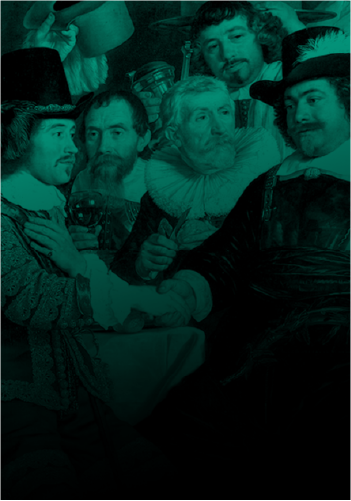
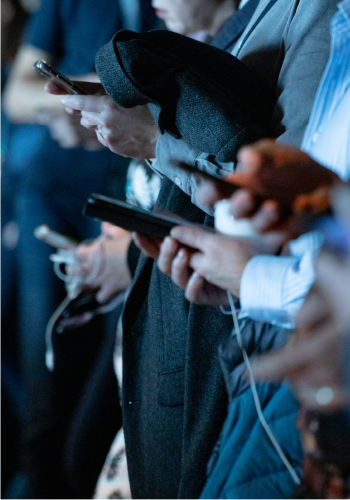
06
GoURMET: Global under resourced media translation
07
InDeep: Interpretating Deep Learning Models for Text and Sound
LSG representative: Ashley Burgoyne, Jelle Zuidema
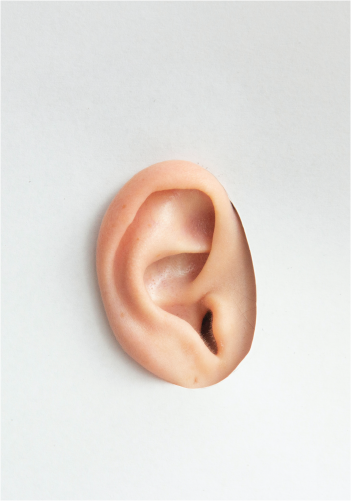

08
Infrastructure for SSH research on Sign Language of the Netherlands
LSG representatives: Floris Roelofsen, Marloes Oomen
09
Language in Interaction
LSG representatives: Raquel Fernández, Jelle Zuidema
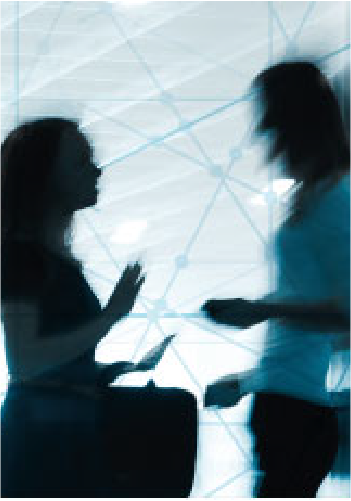
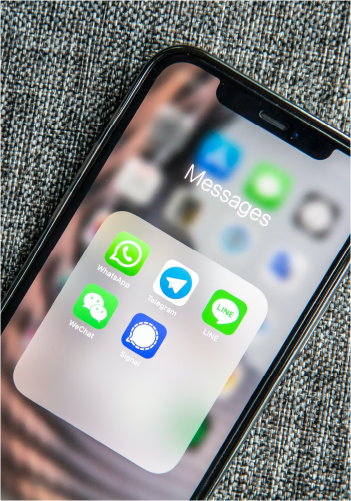
10
LESSEN
Rijksuniversiteit Groningen, Radboud Universiteit, Universiteit Leiden, Hogeschool van Amsterdam, Ahold Delhaize, Achmea, Albert Heijn, Bol.com, KPN, Rasa, Universiteit van Amsterdam.
11
LITHME: Language in the Human-Machine Era
More than 300 partners in 52 countries.
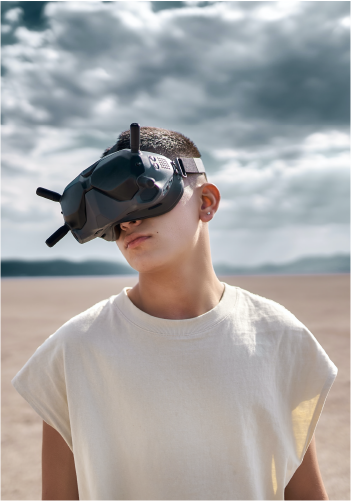
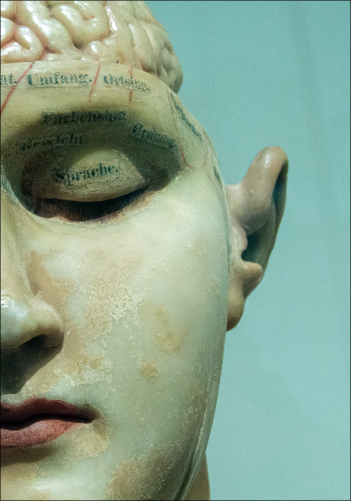
12
VICI eIdeas
Creating a Computational Methodology for the History of Ideas.
OCLC, Universiteit van Amsterdam.
LSG representatives: Arianna Betti, Yvette Oortwijn
